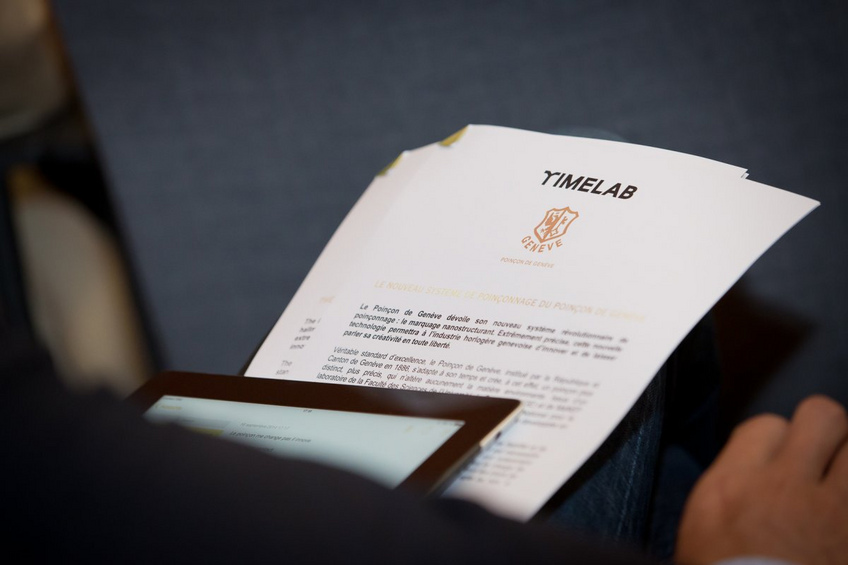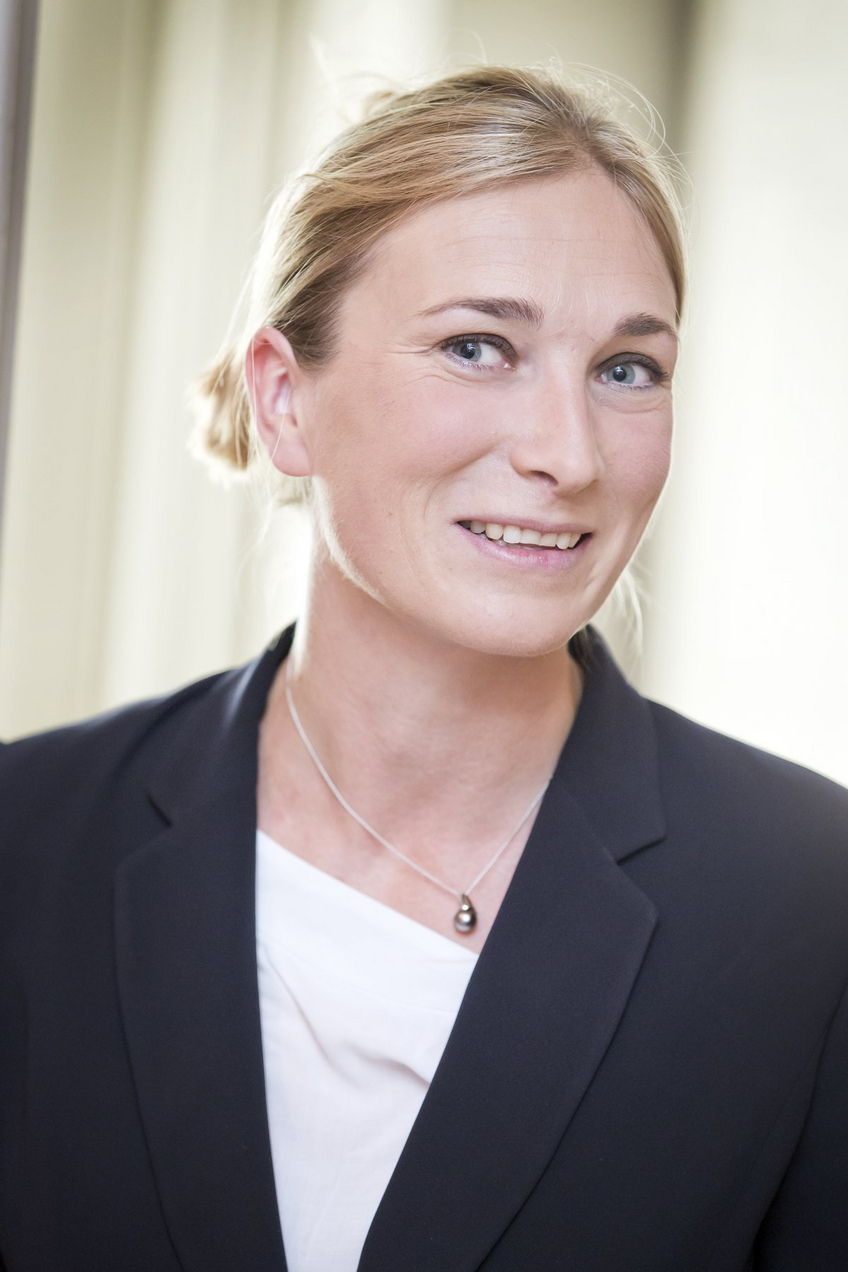

The Poinçon de Genève: the guarantee of watchmaking Excellence
This label, which gives true added value on the market, has the mission of honoring good work, certifying precious crafts or industrial skills and guaranteeing a specific origin.
The Geneva Seal (“Poinçon de Genève”) is enshrined in Swiss legislation. It was created in 1886 following the initiative of a watchmaking corporation that thought the appellation Geneva – at the time already a symbol of excellence and prestige in watchmaking – was being used lightly. The designation and its qualitative assessment criteria came into force in 1891 and suggested distinguishing a district whose perimeter would include areas that worked with similar techniques and aesthetics. Incidentally, the notion of geographical belonging is the equivalent of current AOC labels (Controlled designation of origin), which have an intrinsic connection with places of origin. The law was amended in 1931 and later in 1955.
In 2014, the Geneva Seal was to meet current legislation and technical realities. The “Fondation Timelab” became thus its technical, moral and contractually legal keeper. The organism is under public law and rooted in a breeding ground that is both academic and industrial.
Six out of the nine members of Its current Board are representatives of the Regional Government (“Etat de Genève”). The President of the “Ecole d’Horlogerie” manages the Technical Committee of the Geneva Seal. In the beginning, though – and since they are neutral and independent by definition and they had testing materials – the sector’s schools were responsible for monitoring production processes and making sure they abode by the Geneva Seal.

In 2012, after the Geneva Seal was reviewed through a consultative approach, new criteria such as aesthetics and finishes were added to the initial conditions according to consumers’ expectations. Thus, a Manufacture that wished to be Geneva-Seal-certified can no longer claim that its watches are waterproof without testing them first. The tests now also include power reserve and function. According to Anne-Sophie Guerra, director of Timelab, “when a final customer receives their watch, the attested 30 meters waterproofness must be validated. It is a warranty of trust”. Being the former quality manager of a leading Genevan Manufacture we can rest assured she knows what she is talking about.
Guerra is well-known in watchmaking – you should hear her give a scientific presentation in front of more than 800 professionals when invited by the honorable “Société Suisse de Chronométrie” (SSC). Her skills are key to perpetuating a seal that is in synch with current trends.

Another two essential fields of work at Timelab are the “Observatoire Chronométrique+” and the “Laboratoire Horloger”. The former is a further testing designation in this case for watch precision and the latter is a metrological body that has its own atomic clock and is equipped to customize tests.



